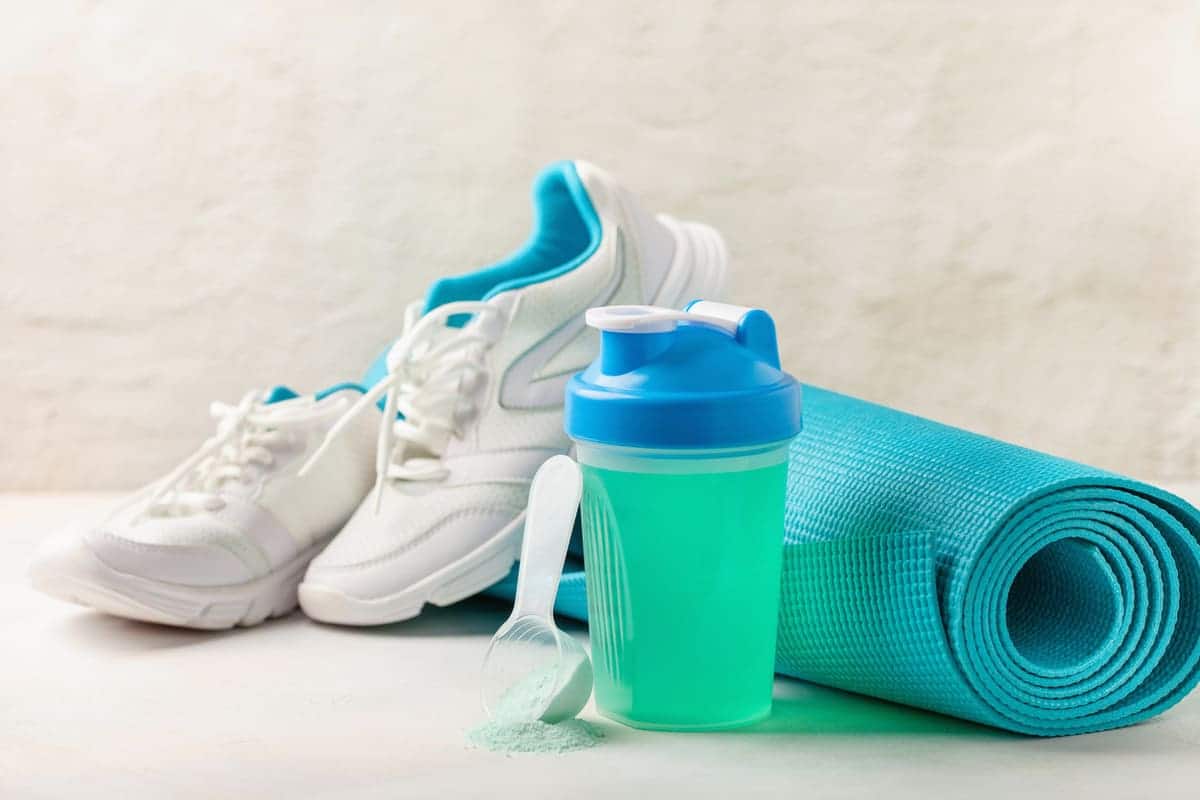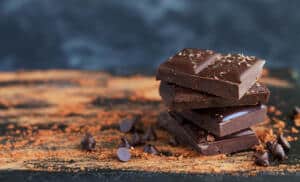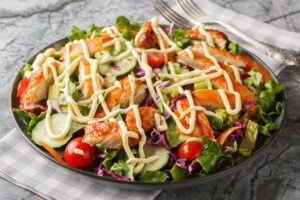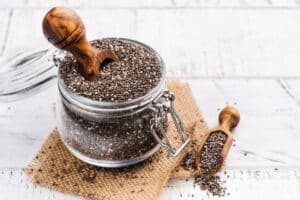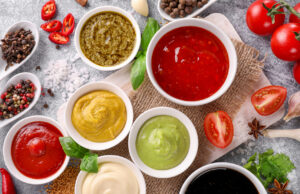Have you ever gone for a run or played a round of tennis and started sweating, and by the end, felt completely depleted? Odds are, your body needed more electrolytes.
What are electrolytes, you ask? Well, they’re electrically charged minerals that make your heart beat, get your muscles to contract, help your immune system function, and make it so your brain cells can communicate. The minerals are electrolytes.
The main electrolytes include sodium, potassium, magnesium, calcium, phosphate, chloride, and bicarbonate. Odds are you’re low in a few, and each serves a purpose.
Feeling deficient?
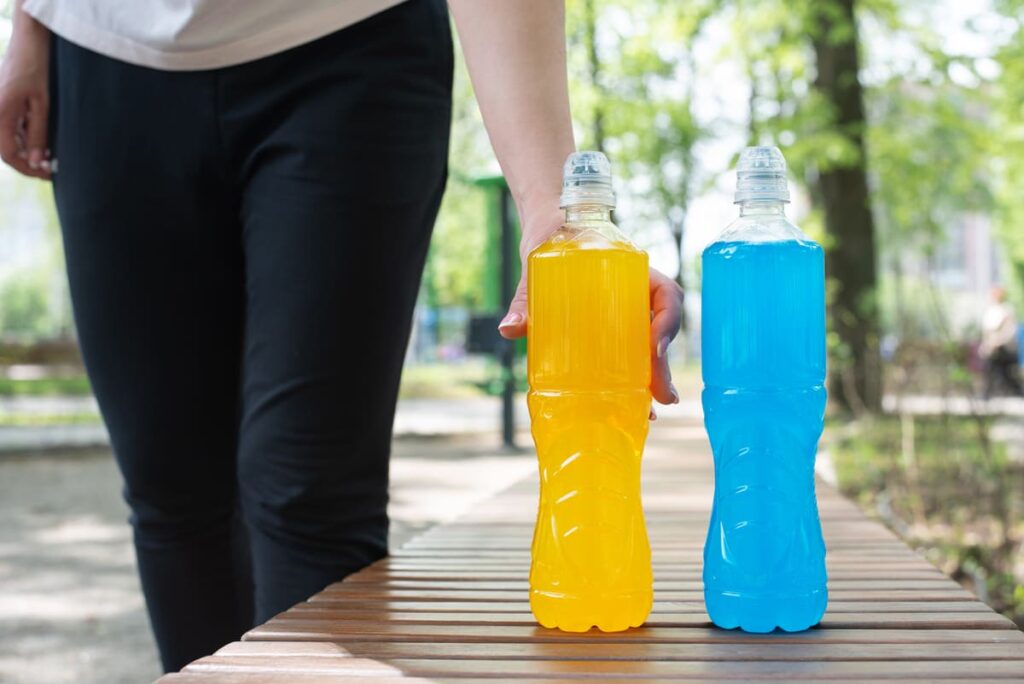
Most people are deficient in one or more of the following three: sodium, potassium, and magnesium. Sodium is typically found in salt and helps maintain your blood flow and your nerve impulses fire. Potassium is found in fruits and vegetables and typically works with sodium to regulate blood pressure and fluid balance. Magnesium is found in leafy vegetables and helps support muscle function, mood, and bone health.
When your electrolytes are low, you may feel muscle cramps, headaches, low energy, and irritability. It can happen when you’re sick, when you’re working out, if you’re on a low-carb diet, or if you’re fasting.
Tap water has slight levels of electrolytes, and so do most water bottles on the market (unless it’s marked distilled). But there are popular electrolyte-enhanced sports drinks that will pack a whole lot more of the recommended daily intake of sodium and potassium but minimal magnesium or calcium. Concentrations vary, so you have to pay special attention to that. You also need to keep an eye on sugar and other additives. In fact, a 20-ounce bottle of Gatorade can pack 30 grams of sugar. That’s a lot!
Using electrolytes for weight loss
Another way to keep your electrolyte levels up is with drops or supplements. At least one study found taking a daily electrolyte supplement during a fast is helpful for weight loss. In the study, 46 obese people were given an electrolyte supplement each day during a six-week fast. On average, they lost 56 pounds without seeing massive disturbances in their electrolyte levels.
This means the supplements appear to be helpful for people who are fasting or on ketogenic diets.
There are many supplements on the market that will fill the need for electrolytes your body craves. Many promise they’ll help encourage weight loss efforts, and they promote that they’ll eliminate sugar cravings and help shape your body without losing muscle. Combined with a special diet protocol, that’s possible. The point is to trick your body into using its stored fat for energy while optimizing your metabolic rate. When going on a very low-calorie diet, your body still needs to get the critical resources to keep it healthy and functioning well, and these drops can help make that happen.
When you don’t get enough
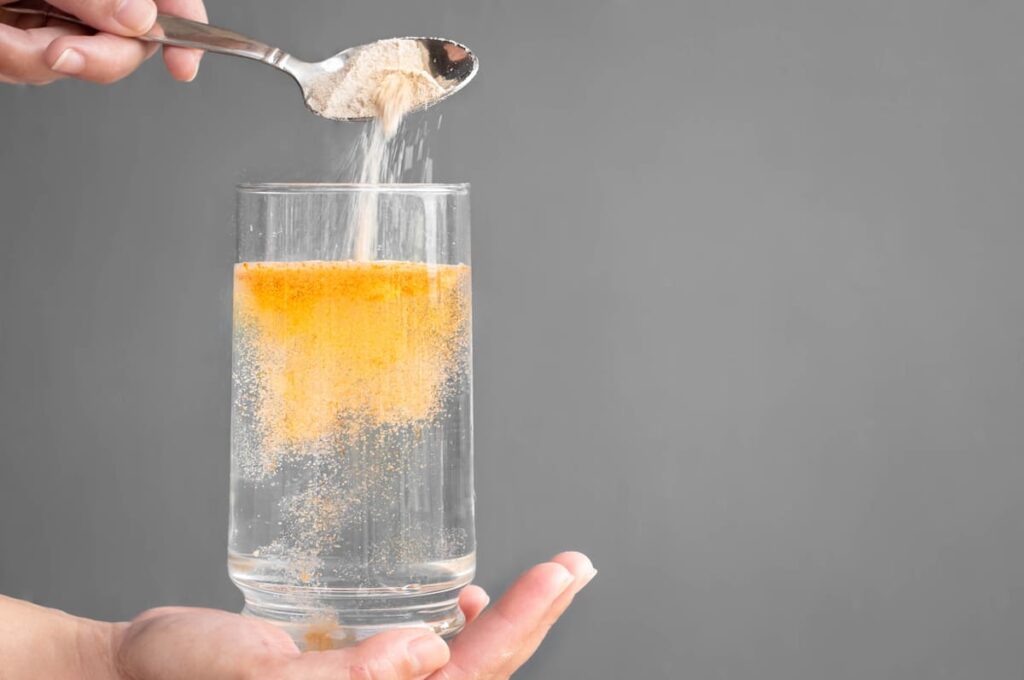
It’s not likely you’ll need the drops if you’re on a balanced diet, but they could be critical if you’re on a limited diet, like the ketogenic option, for example. Many of the drops work to help provide electrolytes without additives or sugar, and they work to help your body hold onto more water and rehydrate quickly.
But if weight loss is the goal, these are meant as a complement to a low-calorie diet. They won’t necessarily help you lose weight on their own; their goal is to add electrolytes, not drop pounds. But if you’re fasting or trying keto or a very low-calorie diet, electrolyte drinks (the no-sugar options), supplements, powders, or pills could make a big difference to your health.
DIY Options
It’s even possible to make your own boost of electrolytes to add to your water at home. This recipe has no added sugar, artificial colors, or flavors. Just mix 2 cups of cold water with ¼ tsp of salt, ¼ cup of lemon juice, and ¼ cup of lime juice. Add 1 ½ cups of unsweetened coconut water and mix well. Some who’ve tried it say it instantly turns off cravings for sweets, carbs, and salty snacks. We can’t confirm that necessarily, but we can say it’ll add electrolytes to your system, which, as we said earlier, will help if your levels are low.
Weight-loss guru Jorge Cruise shared the recipe and calls it Zero Hunger Water. He has 20 best-selling diet books and popular podcasts that have earned him more than 12 million fans. According to Cruise, when you have zero hunger, you can get lean and healthy in a hurry. He suggests you drink 32 ounces every two hours and says his followers have lost significant amounts of weight with this method. He points to scientific proof, quoting a UC-Irvine study that showed adding supplemental electrolytes prevents a hunger-inducing loss of sodium and other minerals as blood sugar and insulin levels improve. Again, he stresses if weight loss is the goal, the idea is to pair this drink with a low-carb diet.
Who should avoid these electrolyte options?
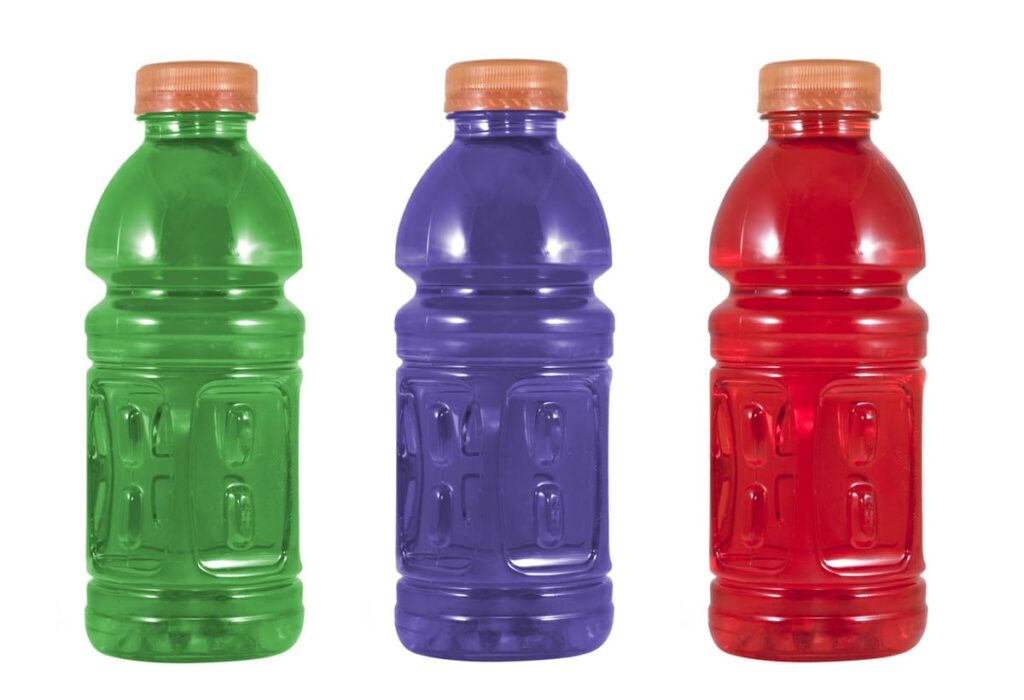
As important as electrolytes are, these drinks and supplements are not meant for everyone. Those with certain kidney and heart conditions requiring a low-sodium diet should avoid high-sodium electrolyte supplements. People with diabetes may want to be careful when consuming supplements with quick-releasing glucose since it can cause blood sugar spikes.
And as always, before changing your diet drastically, you’ll want to consult with your physician.
Electrolytes at your fingertips
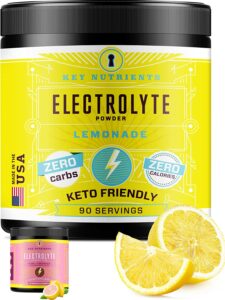
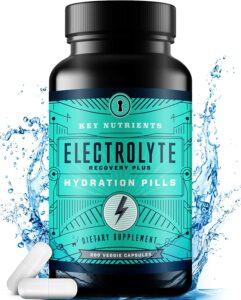
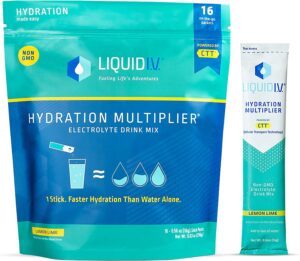
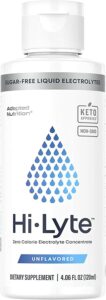
Read Next:
Best Meal Delivery Services for Weight Loss

